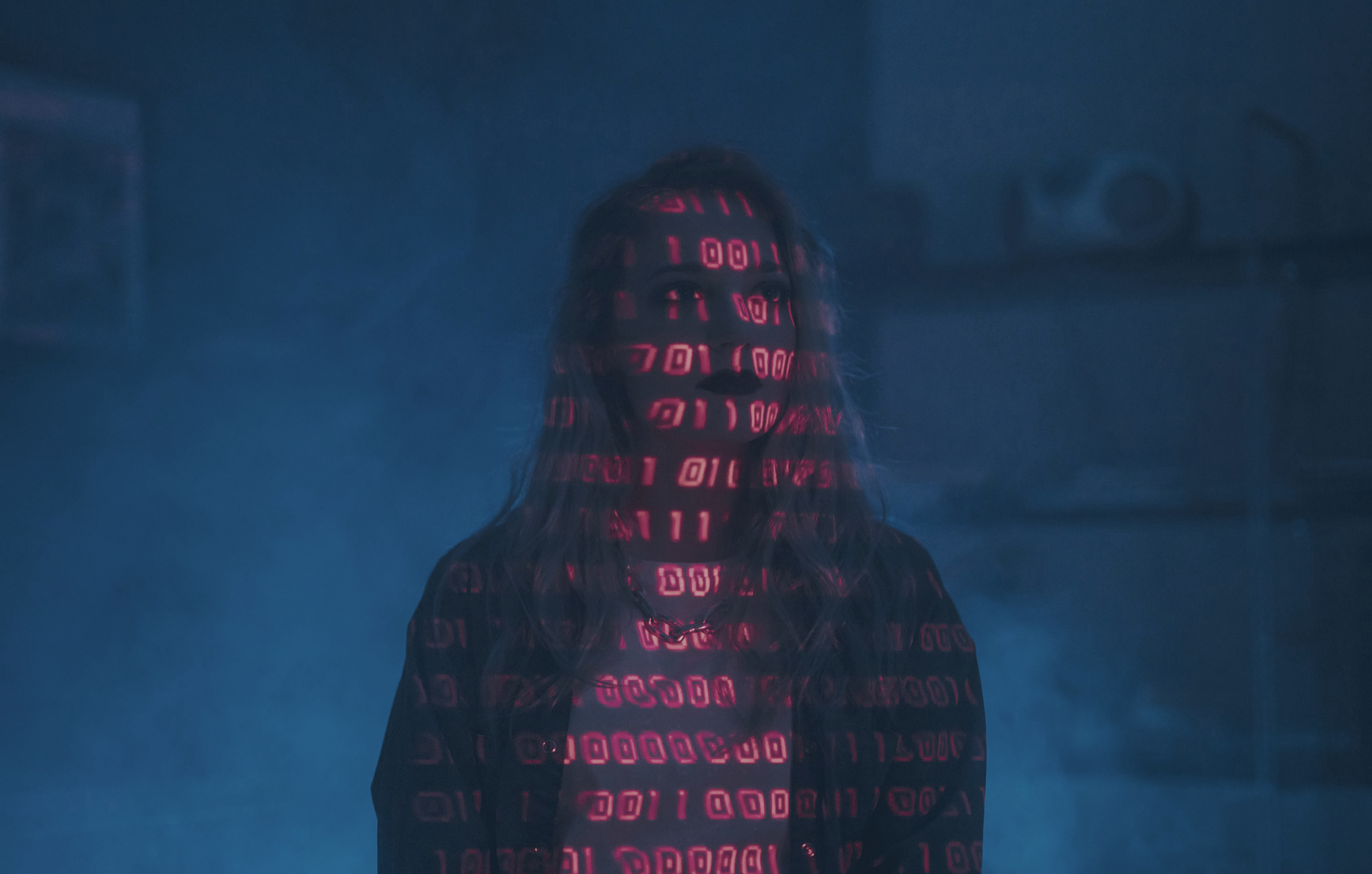Reckoning with the Evolving Social Media Landscape
The last five years have witnessed profound changes to the social media ecosystem, including the rise of upstart platforms like TikTok and Bluesky and the transformation of established ones like Twitter (now X). Leading experts Renée DiResta (Georgetown University), Sean Martin McDonald (Digital Public), Samantha Lai (Carnegie Endowment for International Peace), and Prithvi Iyer (Tech Policy Press) will reckon with this evolving social media landscape, its consequences for our everyday lives, and what the future may hold.
Organized by the Knight-Georgetown Institute (KGI).
Watch the recording here.




